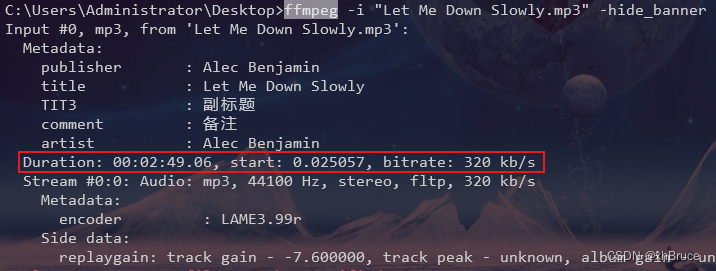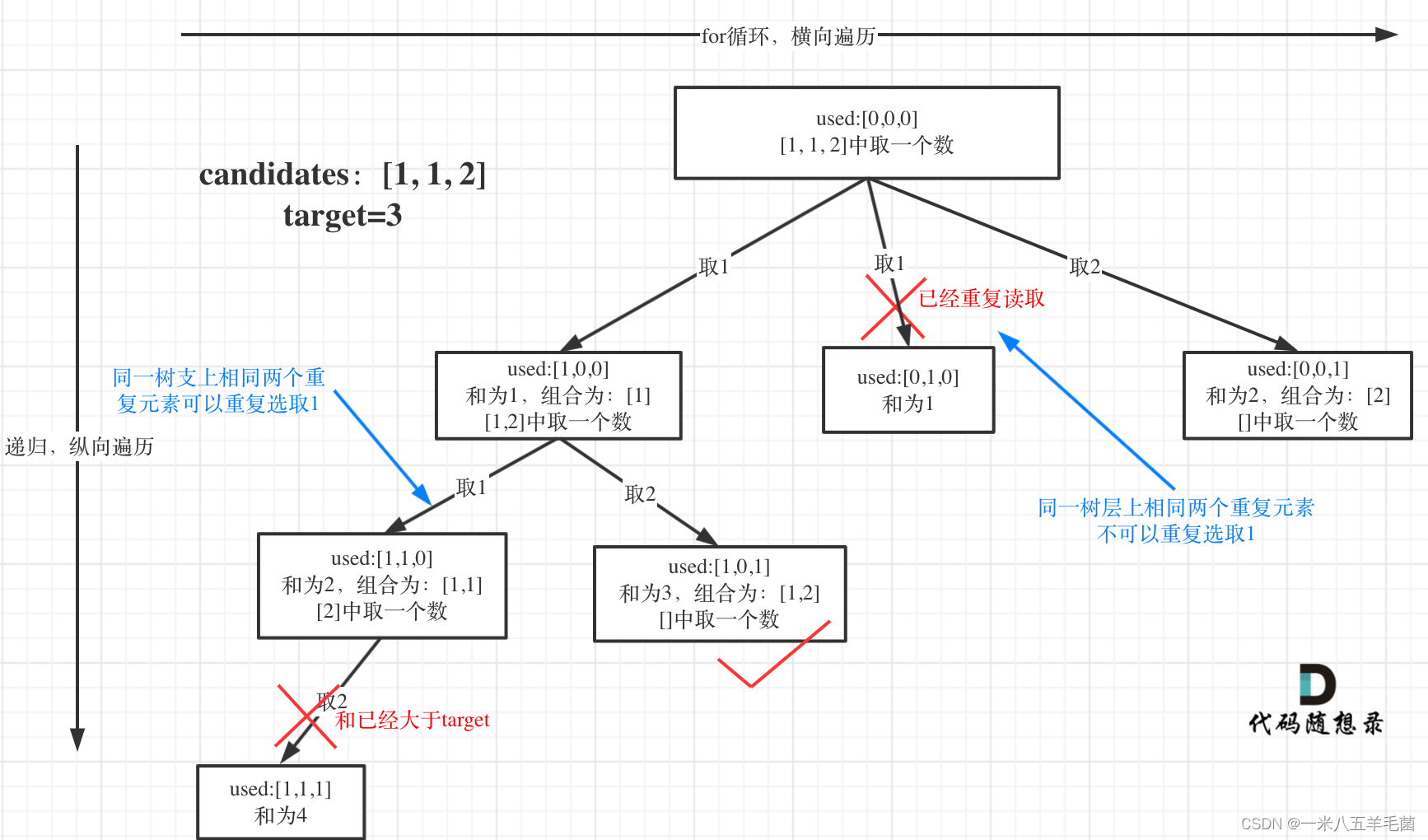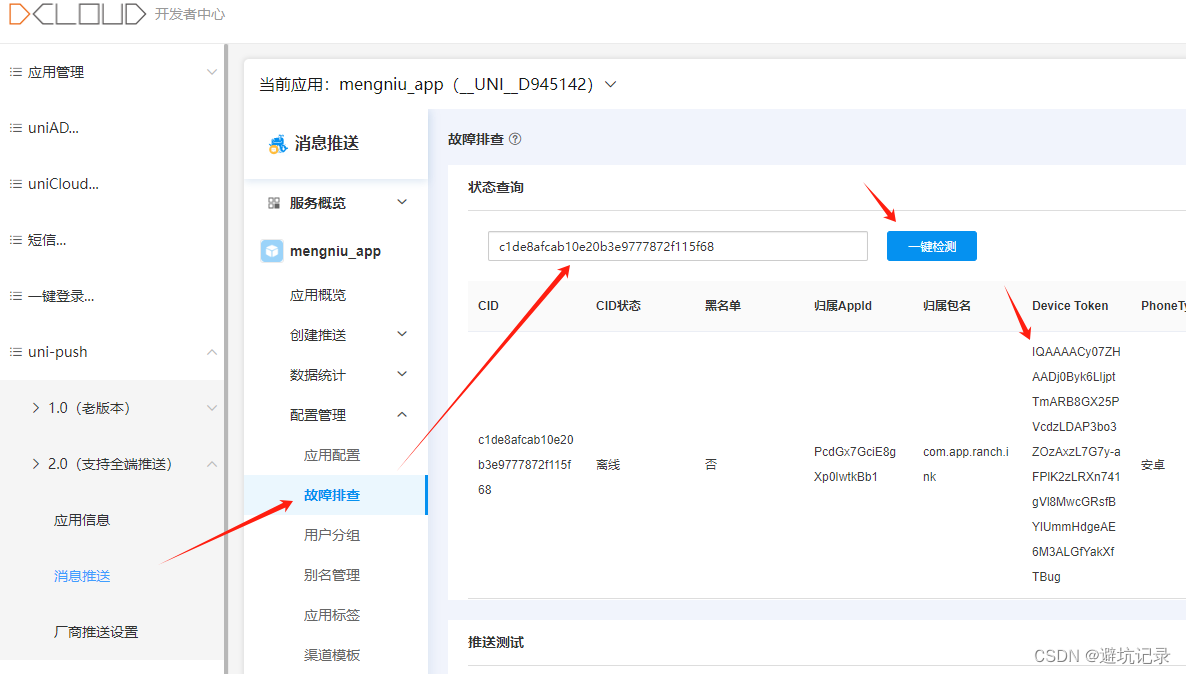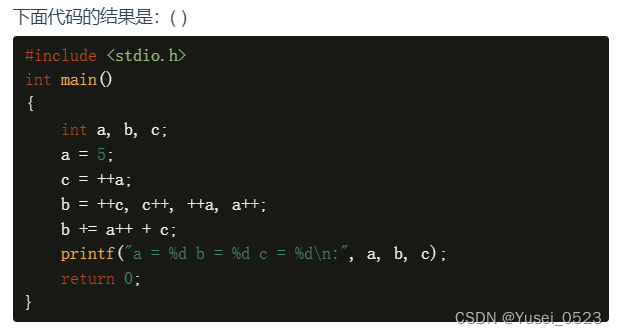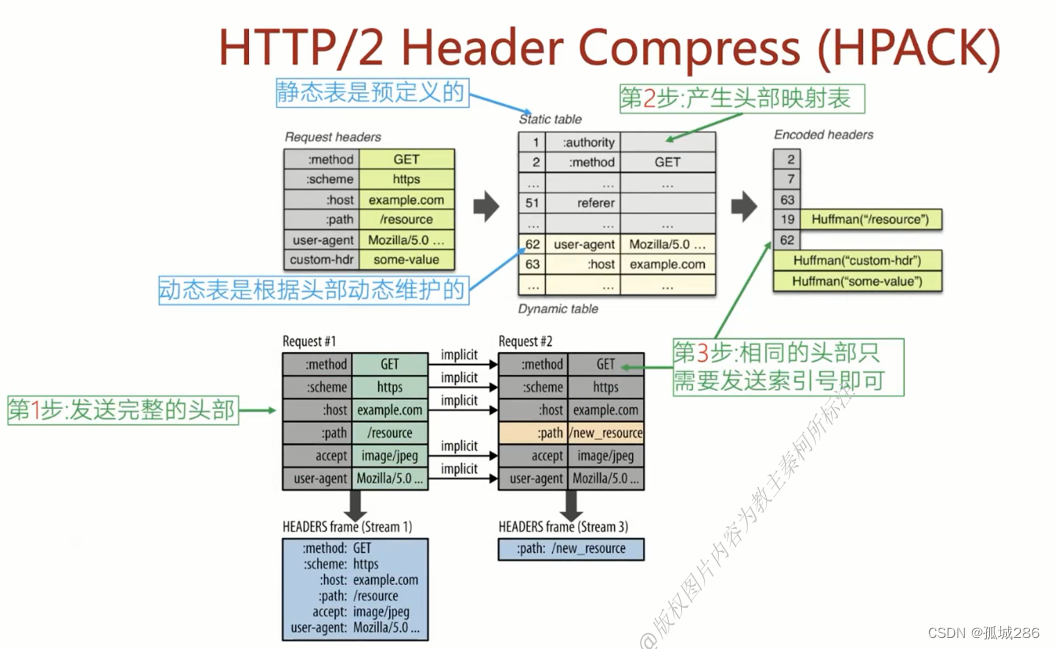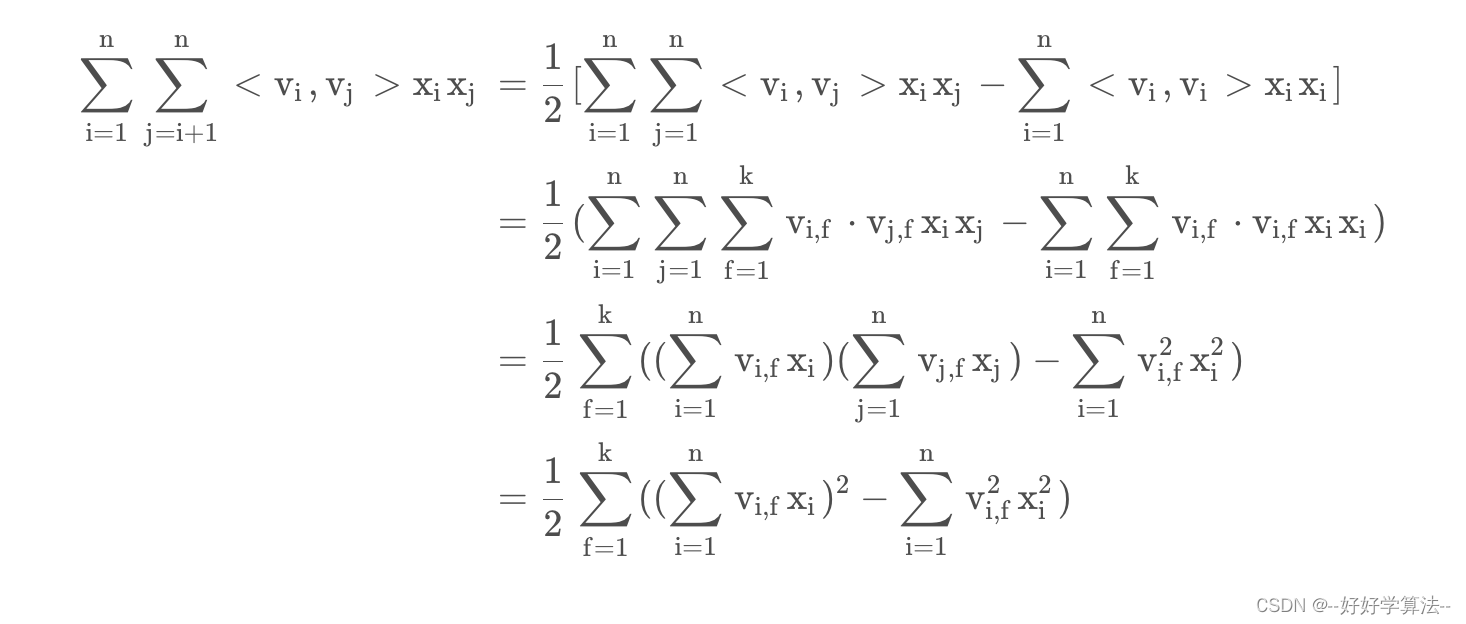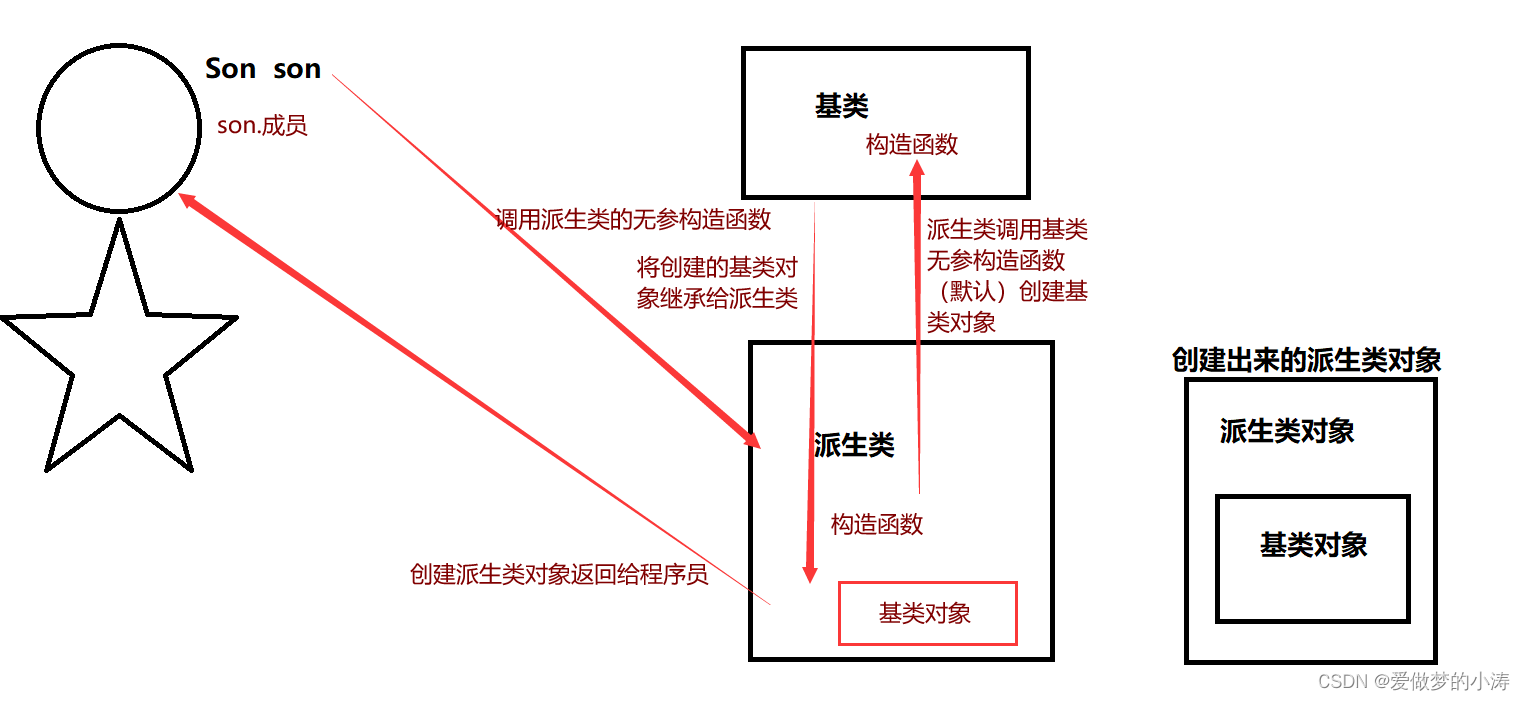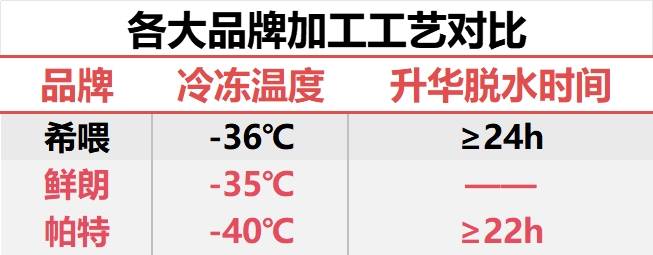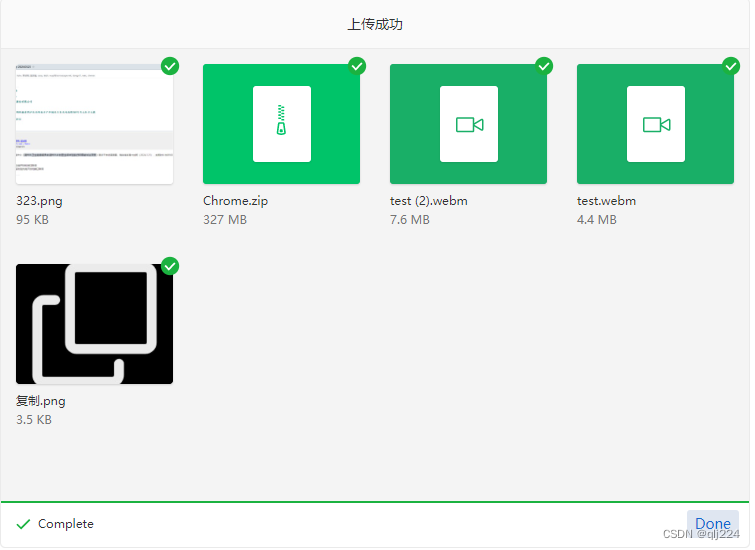FFmpeg+javacpp+javacv使用
- Bytedeco官网案例
- 1、导入opencv、ffmpeg依赖包
- 2、FFmpeg 数据结构
- 2.1 AVFormatContext 格式化I/O上下文
- 2.1.1 metadata
- 2.1.2 Duration、start、bitrate等其他信息
- 2.1.3 dump信息
Bytedeco
GitHub:javacpp
Bytedeco官网案例
FFmpeg – [示例用法] [API] – 一个完整的跨平台解决方案,用于录制、转换和流式传输音频和视频
FFmpeg 6.1.1 http://ffmpeg.org/ 关于 FFmpeg
JavaCPP Presets for FFmpeg 6.1.1-1.5.10 API
javacv:https://github.com/bytedeco/javacv
坑哧吭坑:这可能是最详细的javaCV-FFmpeg防踩坑入门了
javaCV入门指南
雷霄骅(leixiaohua1020)的专栏 FFmpeg
FFmpeg - 打造一款万能的音乐播放器
1、导入opencv、ffmpeg依赖包
ext {
javacvVersion = '1.5.9'
ffmpegVersion = '6.0'
windowsVersion = 'windows-x86_64'
}
dependencies {
/* javacv + FFmpeg */
// implementation group: 'org.bytedeco', name: 'javacv-platform', version: "$javacvVersion"
implementation "org.bytedeco:javacpp:${javacvVersion}:${windowsVersion}"
implementation "org.bytedeco:javacv:${javacvVersion}"
implementation "org.bytedeco:ffmpeg:${ffmpegVersion}-${javacvVersion}"
implementation "org.bytedeco:ffmpeg:${ffmpegVersion}-${javacvVersion}:${windowsVersion}"
testImplementation platform('org.junit:junit-bom:5.9.1')
testImplementation 'org.junit.jupiter:junit-jupiter'
}
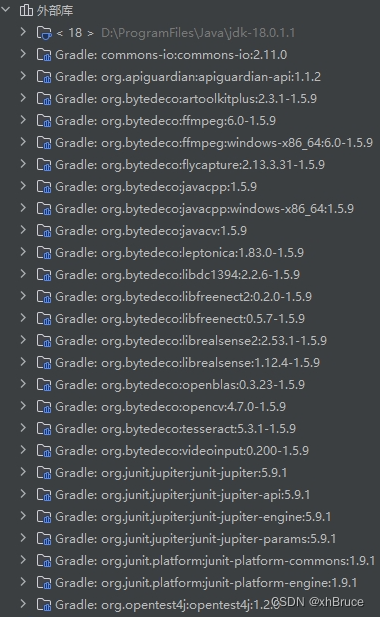
2、FFmpeg 数据结构
2.1 AVFormatContext 格式化I/O上下文

这是FFMpeg中最为基本的一个结构,是其他所有结构的根,是一个多媒体文件或流的根本抽象。其中
nb_streams和streams所表示的AVStream结构指针数组包含了所有内嵌媒体流的描述;iformat和oformat指向对应的demuxer和muxer指针;pb则指向一个控制底层数据读写的ByteIOContext结构。start_time和duration是从streams数组的各个AVStream中推断出的多媒体文件的起始时间和长度,以微妙为单位。 通常,这个结构由av_open_input_file在内部创建并以缺省值初始化部分成员。但是,如果调用者希望自己创建该结构,则需要显式为该结构的一些成员置缺省值;如果没有缺省值的话,会导致之后的动作产生异常。
String url = "C:\\Users\\Administrator\\Desktop\\Let Me Down Slowly.mp3";
// 解封装上下文
AVFormatContext pFormatCtx = new AVFormatContext(null);
if (null == pFormatCtx) {
XLog.e("获取解封装上下文失败");
return;
}
// 打开流媒体
if (avformat_open_input(pFormatCtx, url, null, null) != 0) {
XLog.e("打开媒体失败");
return;
}
// 读取流媒体数据,以获得流的信息
if (avformat_find_stream_info(pFormatCtx, (PointerPointer<Pointer>) null) < 0) {
XLog.e("获得媒体流信息失败");
return;
}
2.1.1 metadata

AVDictionaryEntry tag = null;
tag = av_dict_get(pFormatCtx.metadata(), "", tag, AV_DICT_IGNORE_SUFFIX);
while (tag != null) {
XLog.d("tag.key : " + tag.key().getString() + "; tag.value : " + tag.value().getString());
tag = av_dict_get(pFormatCtx.metadata(), "", tag, AV_DICT_IGNORE_SUFFIX);
}

2.1.2 Duration、start、bitrate等其他信息
时间基准
public static final int AV_TIME_BASE = 1000000;
XLog.d("pFormatCtx url() = " + pFormatCtx.url().getString());
XLog.d("pFormatCtx start_time() = " + pFormatCtx.start_time());
XLog.d("pFormatCtx duration() = " + pFormatCtx.duration());
XLog.d("pFormatCtx bit_rate() = " + pFormatCtx.bit_rate());

2.1.3 dump信息
av_dump_format(pFormatCtx, 0, url, 0);
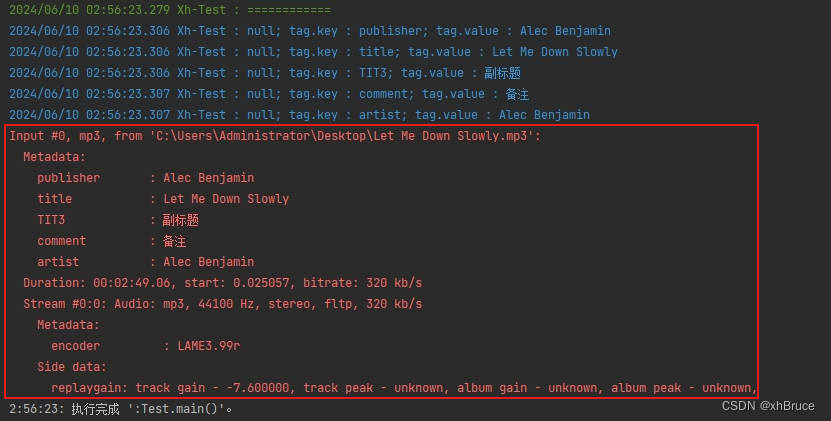
源码
ffmpeg-6.0\libavformat\dump.c
void av_dump_format(AVFormatContext *ic, int index,
const char *url, int is_output)
{
int i;
uint8_t *printed = ic->nb_streams ? av_mallocz(ic->nb_streams) : NULL;
if (ic->nb_streams && !printed)
return;
av_log(NULL, AV_LOG_INFO, "%s #%d, %s, %s '%s':\n",
is_output ? "Output" : "Input",
index,
is_output ? ic->oformat->name : ic->iformat->name,
is_output ? "to" : "from", url);
dump_metadata(NULL, ic->metadata, " ");
if (!is_output) {
av_log(NULL, AV_LOG_INFO, " Duration: ");
if (ic->duration != AV_NOPTS_VALUE) {
int64_t hours, mins, secs, us;
int64_t duration = ic->duration + (ic->duration <= INT64_MAX - 5000 ? 5000 : 0);
secs = duration / AV_TIME_BASE;
us = duration % AV_TIME_BASE;
mins = secs / 60;
secs %= 60;
hours = mins / 60;
mins %= 60;
av_log(NULL, AV_LOG_INFO, "%02"PRId64":%02"PRId64":%02"PRId64".%02"PRId64"", hours, mins, secs,
(100 * us) / AV_TIME_BASE);
} else {
av_log(NULL, AV_LOG_INFO, "N/A");
}
if (ic->start_time != AV_NOPTS_VALUE) {
int secs, us;
av_log(NULL, AV_LOG_INFO, ", start: ");
secs = llabs(ic->start_time / AV_TIME_BASE);
us = llabs(ic->start_time % AV_TIME_BASE);
av_log(NULL, AV_LOG_INFO, "%s%d.%06d",
ic->start_time >= 0 ? "" : "-",
secs,
(int) av_rescale(us, 1000000, AV_TIME_BASE));
}
av_log(NULL, AV_LOG_INFO, ", bitrate: ");
if (ic->bit_rate)
av_log(NULL, AV_LOG_INFO, "%"PRId64" kb/s", ic->bit_rate / 1000);
else
av_log(NULL, AV_LOG_INFO, "N/A");
av_log(NULL, AV_LOG_INFO, "\n");
}
if (ic->nb_chapters)
av_log(NULL, AV_LOG_INFO, " Chapters:\n");
for (i = 0; i < ic->nb_chapters; i++) {
const AVChapter *ch = ic->chapters[i];
av_log(NULL, AV_LOG_INFO, " Chapter #%d:%d: ", index, i);
av_log(NULL, AV_LOG_INFO,
"start %f, ", ch->start * av_q2d(ch->time_base));
av_log(NULL, AV_LOG_INFO,
"end %f\n", ch->end * av_q2d(ch->time_base));
dump_metadata(NULL, ch->metadata, " ");
}
if (ic->nb_programs) {
int j, k, total = 0;
for (j = 0; j < ic->nb_programs; j++) {
const AVProgram *program = ic->programs[j];
const AVDictionaryEntry *name = av_dict_get(program->metadata,
"name", NULL, 0);
av_log(NULL, AV_LOG_INFO, " Program %d %s\n", program->id,
name ? name->value : "");
dump_metadata(NULL, program->metadata, " ");
for (k = 0; k < program->nb_stream_indexes; k++) {
dump_stream_format(ic, program->stream_index[k],
index, is_output);
printed[program->stream_index[k]] = 1;
}
total += program->nb_stream_indexes;
}
if (total < ic->nb_streams)
av_log(NULL, AV_LOG_INFO, " No Program\n");
}
for (i = 0; i < ic->nb_streams; i++)
if (!printed[i])
dump_stream_format(ic, i, index, is_output);
av_free(printed);
}
